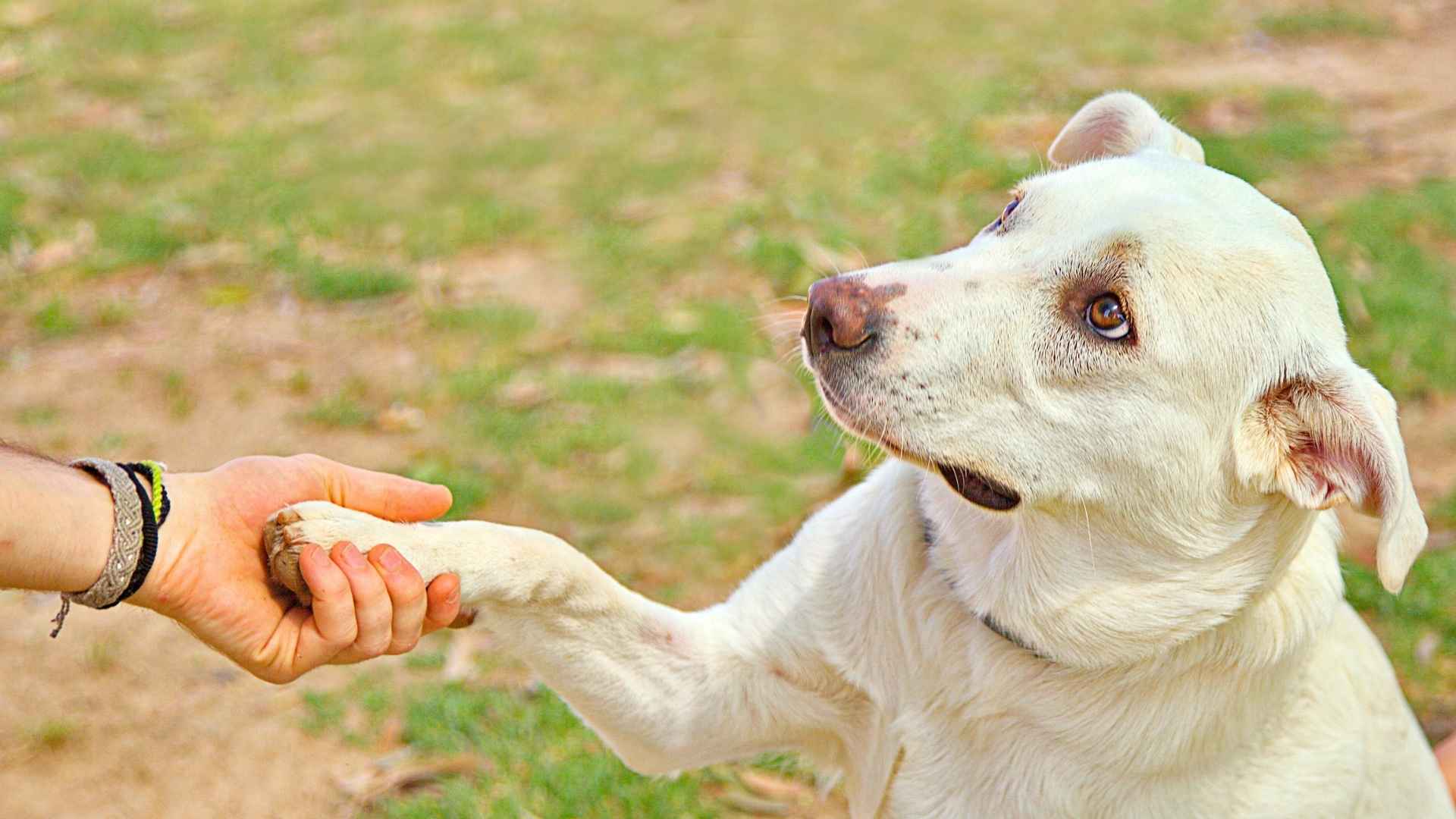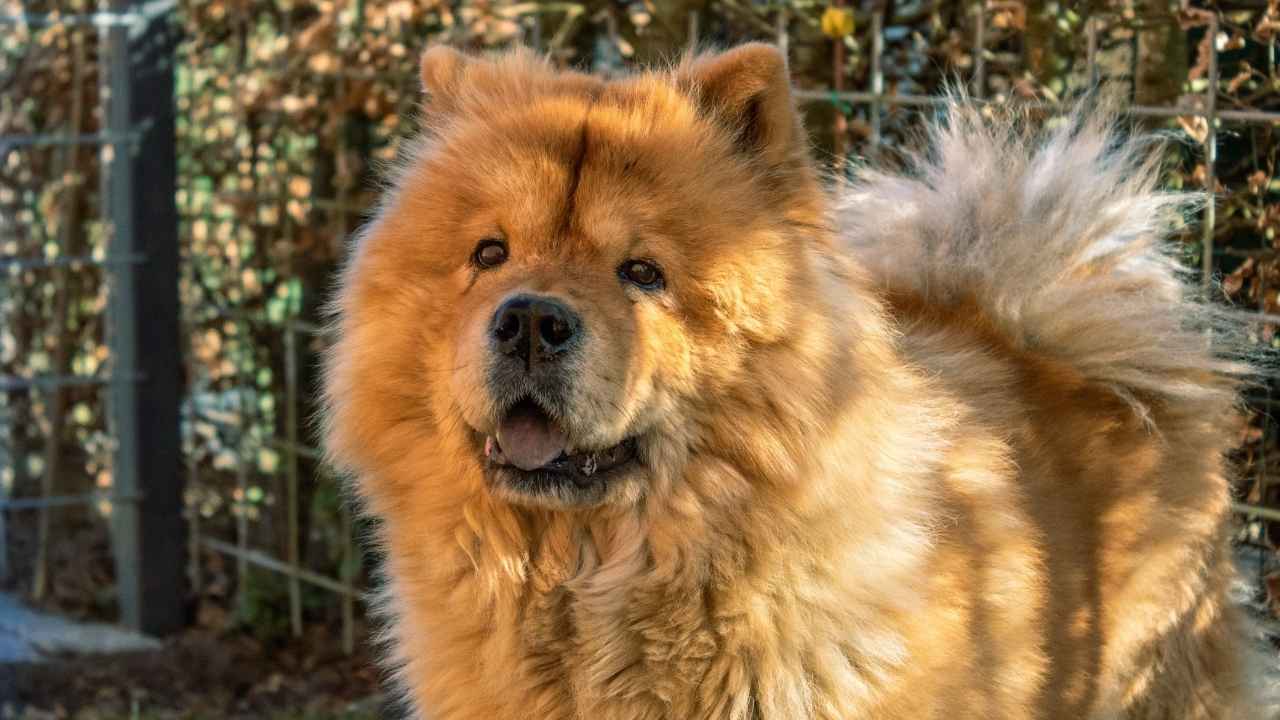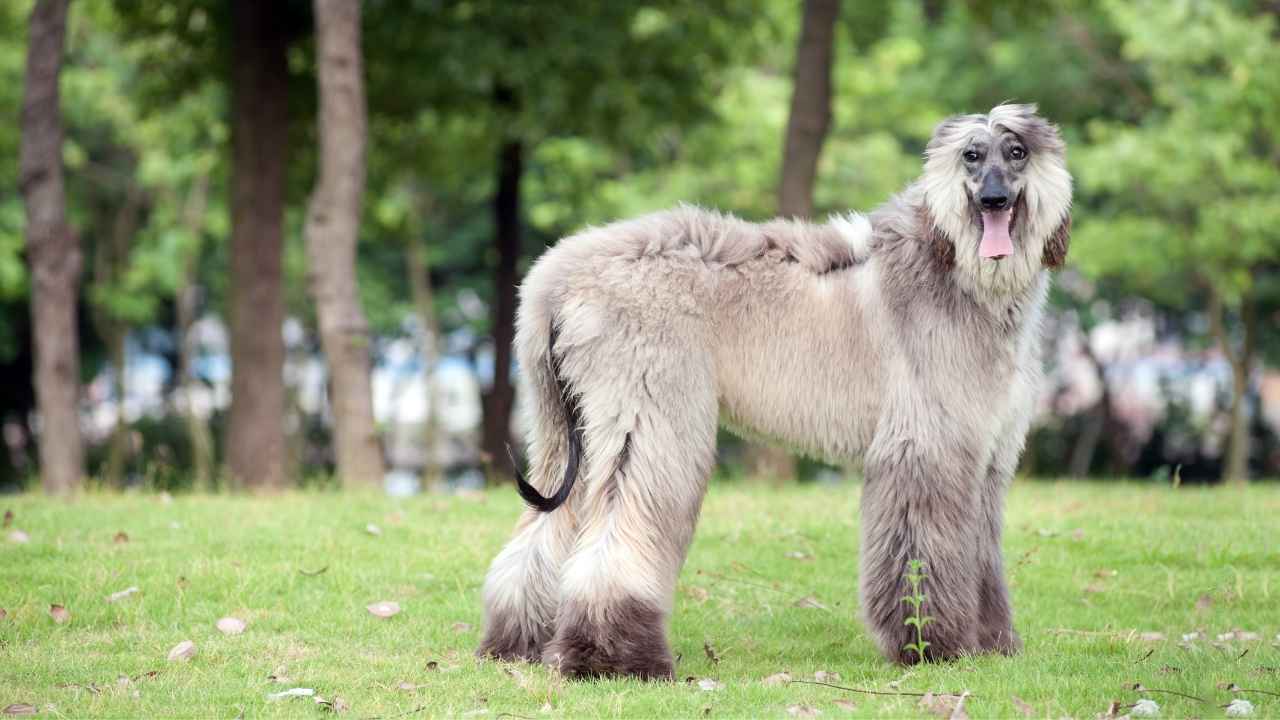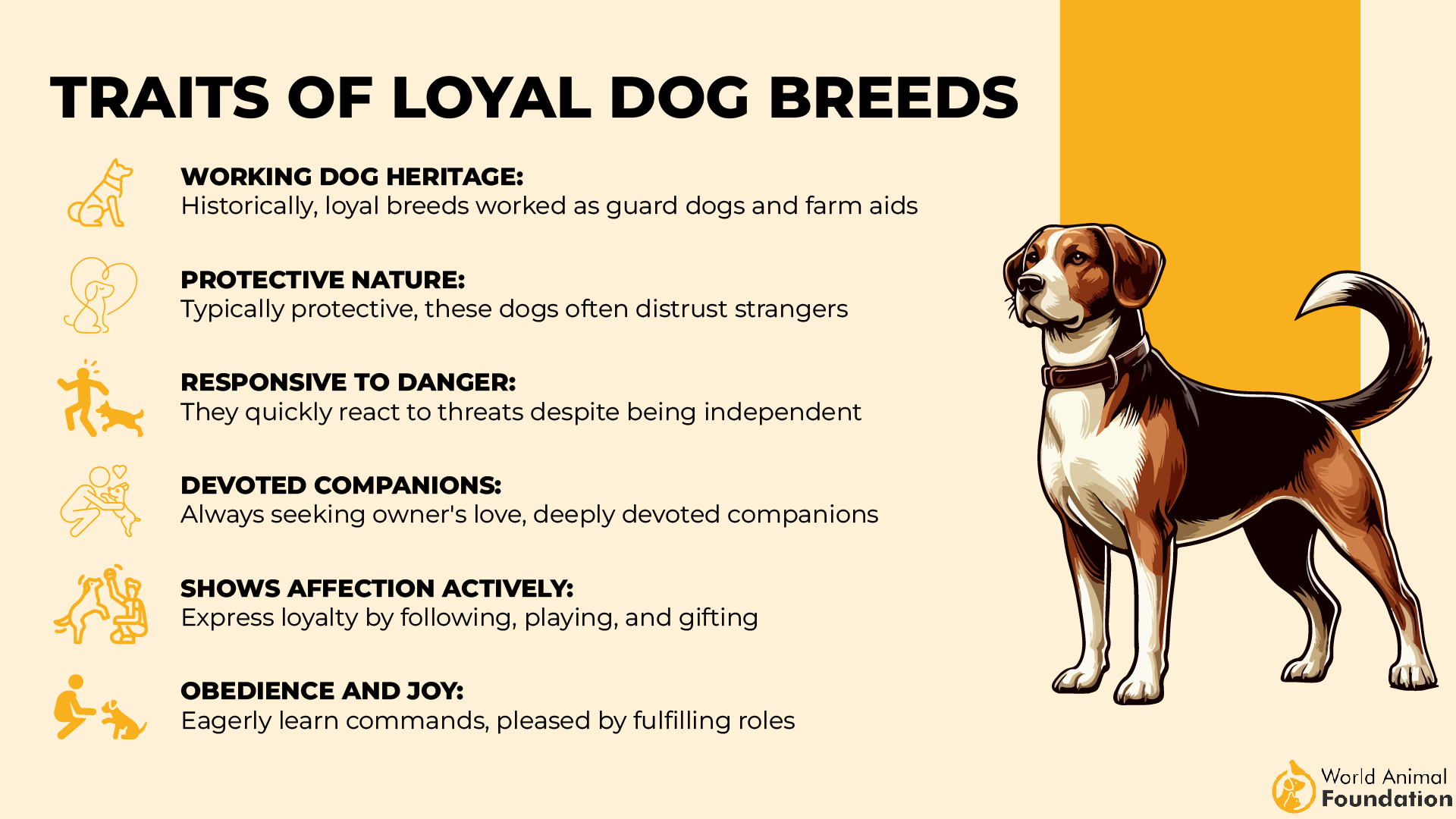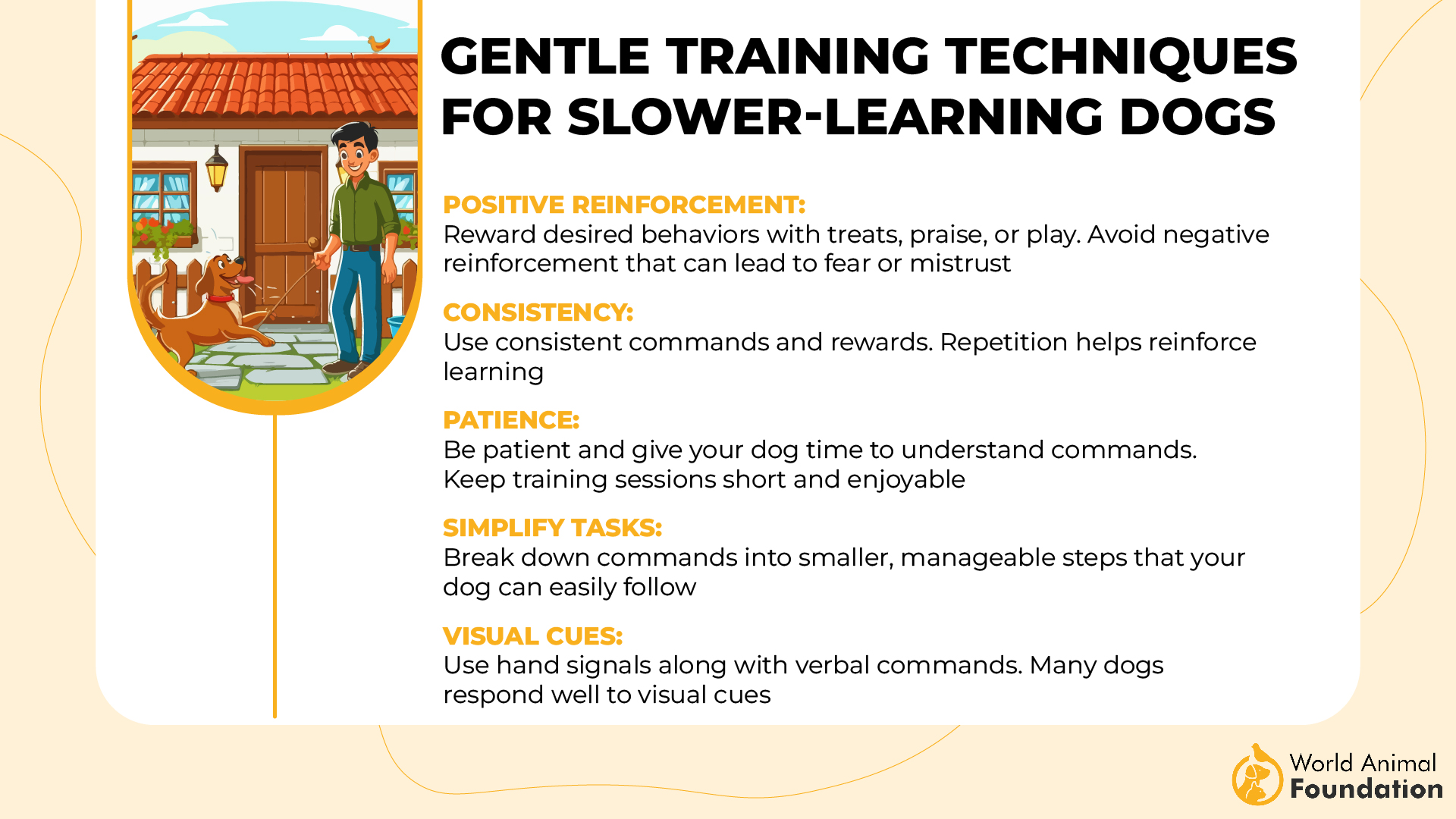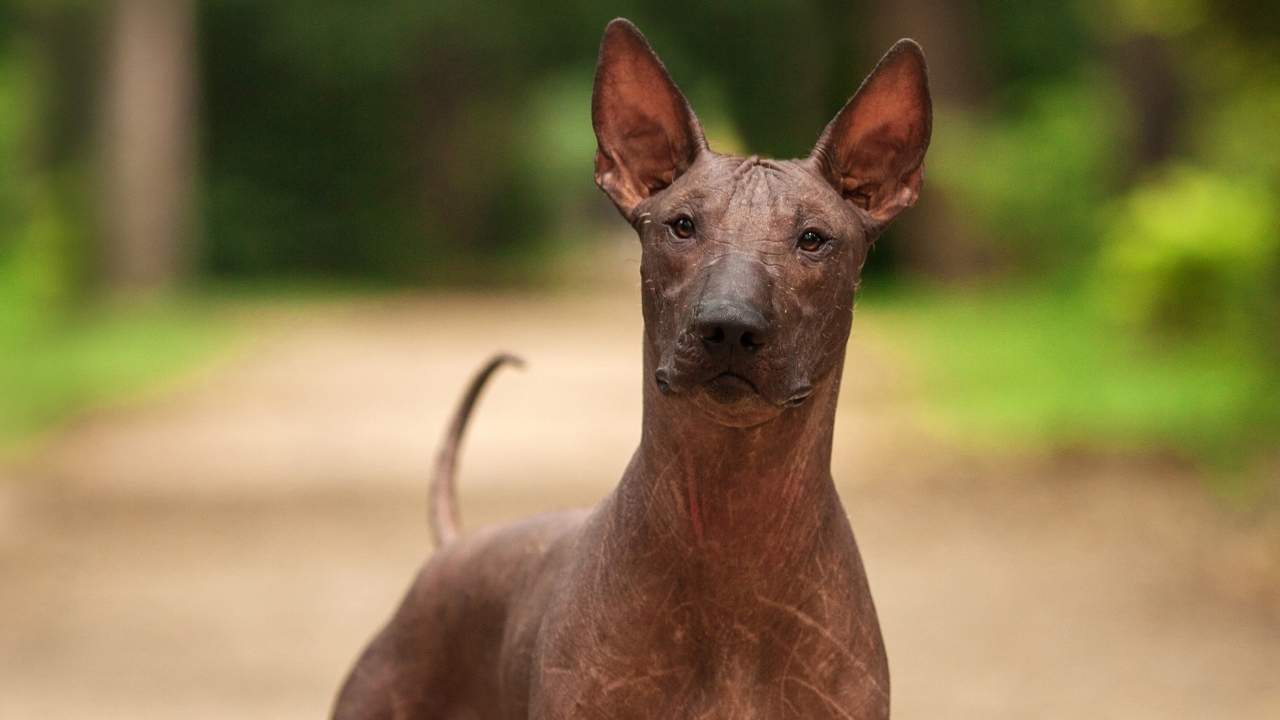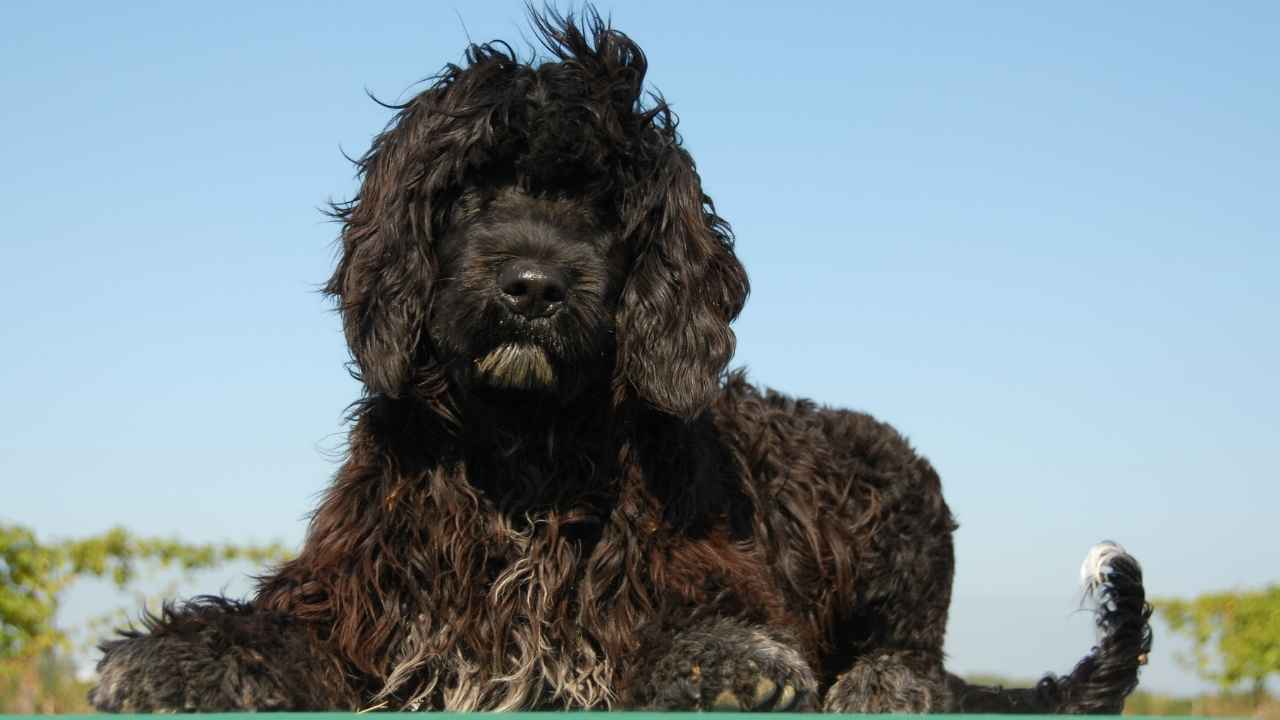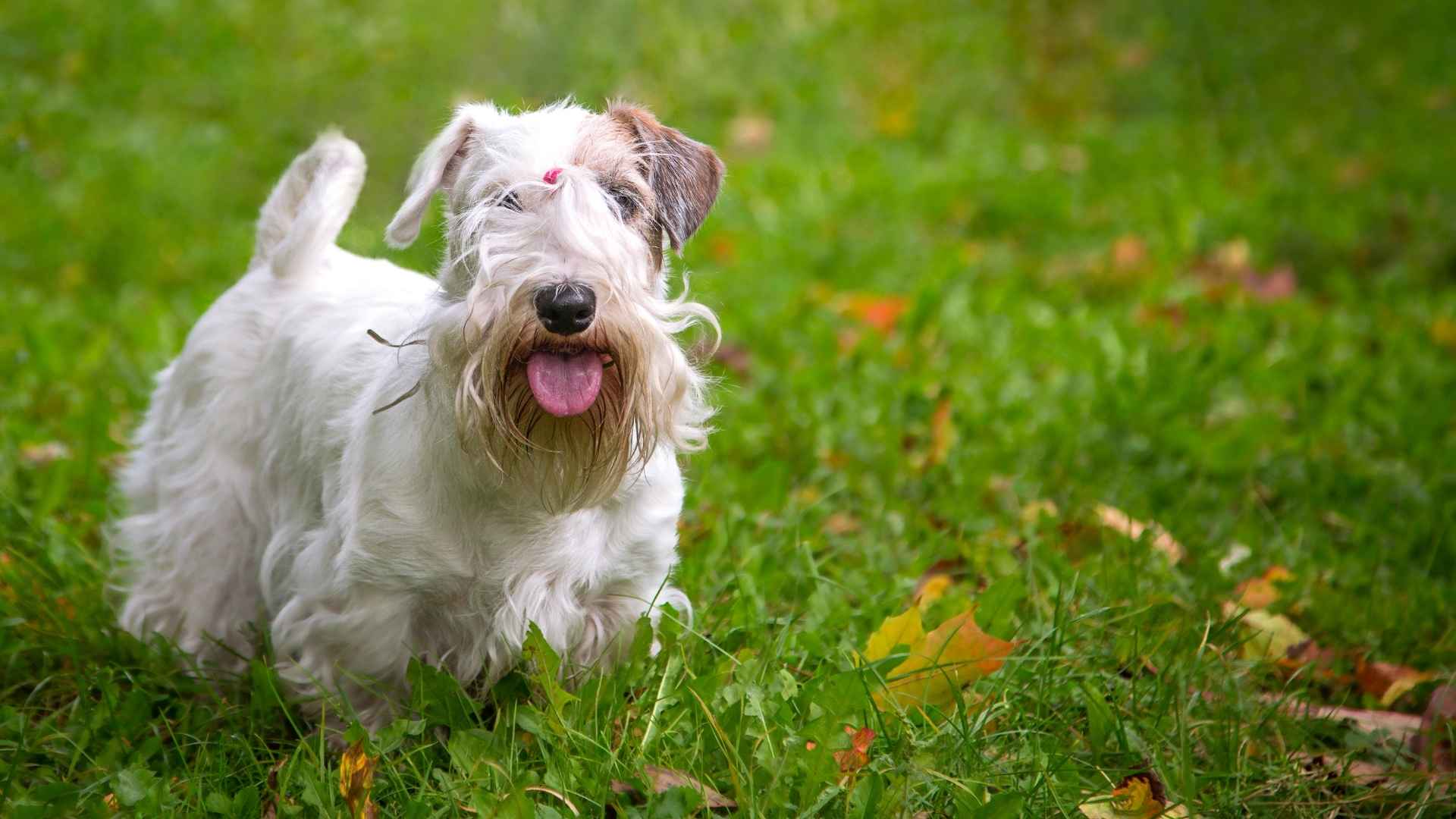When we think of loyal companions, dogs often top the list, celebrated for their unwavering devotion and affection towards their human family. However, not all breeds are created equal in the loyalty department. Some dogs, while intelligent and charming, tend to have an independent or aloof nature that makes them less inclined to form deep bonds with their owners. Understanding these breeds can help manage expectations and ensure a harmonious relationship. Join us as we explore nine dog breeds known for their independent streaks, offering insight into their unique characteristics and why they might not lay at your feet as faithfully as others.
The idea that all dogs are eager-to-please, tail-wagging companions? Pure fiction. Sure, some breeds will follow you to the ends of the earth, but others? They’ll consider it—then decide they have better things to do.
These dogs aren’t scared of commitment—they just prefer selective affection. They don’t need constant contact with their owners and definitely won’t comment on your every move like a Velcro dog would. Loyalty? It exists, just on their terms.
That doesn’t mean they’re aggressive or don’t love their families. They just express it in ways that might confuse you—like ignoring your calls but still standing guard in silent protection of their territory.
So, if you’re looking for a dog that will worship the ground you walk on… keep walking. These breeds are fiercely independent, a little stubborn, and 100% unapologetic about it.
9 Dog Breeds That Won’t Be Loyal to You
1. Chow Chow
|
Independent, dignified, and borderline snobbish. |
Aloof with strangers, stubborn with owners, and not one to throw a party when you walk in the door. |
If you expect instant obedience, you’re in for a challenge. Positive reinforcement? Good luck—Chows prefer doing business on their terms. |
Of course, you want a loyal dog, but the Chow Chow wants you to know it’s not that kind of canine companion. This purebred fluffball is more cat-like than most actual cats—proud, independent, and completely unbothered by your presence.
Their temperament? Reserved. If a stranger enters the house, they won’t bark excessively but will stare with deep suspicion, judging the situation—and probably you, too.
Petplan warns training a Chow is an exercise in your patience, not theirs. They have a stubborn tendency to sit there and decide whether your commands are worth their time. Spoiler alert: They usually aren’t.
Want affection? Expect it when they prefer—and not a second sooner. But for the right owner, their cool-headed, watchful nature makes them a fascinating, if slightly arrogant, companion.
2. Afghan Hound
|
Elegant, aloof, and utterly disinterested in your problems. |
Sweet but independent—loves running, not cuddling. |
Training is an art, not a science. Their reaction to commands? Usually a blank stare, then a dramatic exit. |
The Afghan Hound is the supermodel of the dog world—stunning to look at but not particularly interested in you. This athletic breed loves to run at top speed, preferably in the opposite direction when you call them.
While other dogs bond deeply with their family members, the Afghan Hound is more of a business associate. Affection? Sure, but only when they prefer it. If you’re looking for a guard dog, this isn’t the one—unless the intruder threatens their grooming routine.
Training is where humor comes in. You can try positive reinforcement, but their stubborn personality often wins. Commands like “sit” are taken as suggestions, not actual rules.
They’re an interesting mix of intelligence and selective hearing. If you appreciate a pet with a mind of its own, the Afghan Hound might just be the perfect, elegant headache for you.
3. Ibizan Hound
|
Fast, intelligent, and never where you last saw them. |
Friendly yet aloof—loves to chase everything, including their impulses. |
Can be trained… if you commit. Tends to prefer doing things their way. |
The Ibizan Hound is what happens when you combine a gazelle’s athleticism with a beagle’s selective listening. These dogs are fast, and intelligent, and tend to vanish into thin air when they spot something interesting (which is always).
AKC reports that their temperament is an odd mix of affectionate yet independent. They enjoy family life but also love sprinting across the yard, ignoring your desperate calls for them to please come back. Loyal dog breeds? Not quite—this one prefers to be loyal to the thrill of the chase.
Training is a bit of a circus act. Expect some success with treats, but they are stubborn and easily distracted. Your biggest threat isn’t aggression—it’s the moment they decide they prefer the wild over your backyard.
If you want a couch snuggler, look elsewhere. If you want a canine companion that keeps life interesting, congratulations—this escape artist is your match. Just… invest in a good fence.
4. Chinese Shar-Pei
|
Serious, reserved, and very much over your nonsense. |
Wary of strangers, deeply skeptical of everything. |
Intelligent but incredibly stubborn. Training requires patience… and possibly wine. |
The Chinese Shar-Pei is an ancient, wrinkly masterpiece with a personality that resembles a grumpy old man. They are intelligent, and independent, and will watch you long before they decide if you’re worthy of their loyalty.
Their temperament? Aloof. They don’t prefer strangers and might not even like you at first. But once you earn their trust, their devotion is real—just don’t expect over-the-top affection. Their idea of love is sitting stoically in the same room as you, watching your every move like a suspicious detective.
Training? Oh, it’s a process. These dogs are intelligent, but they have a stubborn reaction to commands: an indifferent stare, followed by them walking away. Positive reinforcement? Sure, but treats better be worth it.
They’re not the easiest canine companion, but for those who appreciate a challenge, the Shar-Pei’s quiet loyalty (once earned) is something special. Just don’t expect a tail-wagging welcome home.
5. Xoloitzcuintli
|
Intelligent, ancient, and slightly mystical. |
Protective but aloof—loves their people but doesn’t need them. |
Smart enough to learn quickly… if they feel like it. |
The Xoloitzcuintli (try saying that three times fast) is an ancient breed that seems to have skipped the needy dog phase entirely. These hairless wonders have personalities as fascinating as their name—intelligent, reserved, and a little mystical.
Unlike other dogs, Xolos aren’t big on constant affection. They love their family but maintain an independent streak that says, “I got this.” Suspicious of strangers, they make excellent watchdogs—not because they’ll attack, but because their intense stare alone might scare people away.
Training is a mind game. They are intelligent, but their reaction to commands is more of a negotiation than an order-following session. If they don’t see the point, they won’t bother.
WebMD suggests that these animals are perfect for owners who respect their independent qualities. If you’re looking for a snuggly, overly enthusiastic pet, look elsewhere. If you want a regal, proud companion who might occasionally acknowledge your presence, the Xolo is your dog.
6. Portuguese Water Dog
|
Energetic, adventurous, and occasionally too smart for their good. |
Friendly but independent—loves water more than people. |
Highly trainable… if you can keep their attention long enough. |
Meet the Portuguese Water Dog, the ultimate athlete of the canine world. If you’re looking for a dog that adores you more than anything, well… let’s just say water will always win that contest. These dogs live to swim, retrieve, and make every puddle their business.
Purina mentions that they are affectionate but busy. Want a couch snuggler? Too bad. This active breed prefers a good splash session over a lazy afternoon. They love their family members, but they also have a one-track mind—if there’s water nearby, you don’t exist.
Training? They’re intelligent and respond well to positive reinforcement, but good luck getting them to sit when they’d rather be diving. They learn quickly but also decide when to listen, which can be… challenging.
If you want a calm, obedient companion, save yourself now. But if you love adventure and don’t mind occasionally being ignored in favor of a lake, this dog will make your life hilariously chaotic.
7. Harrier
|
Curious, energetic, and ruled entirely by their nose. |
Playful but stubborn—will follow a scent before your command. |
Trainable in theory… in practice, their nose makes all the decisions. |
The Harrier is like a Beagle who hit the gym and forgot how to take commands seriously. With a nose that always knows, this breed doesn’t have time to sit still or care about your agenda.
Temperament? Playful, friendly, and deeply obsessed with tracking scents. Expect them to suddenly vanish the moment they catch a whiff of something far more interesting than you. Want a loyal dog? Sure, as long as you smell more exciting than the nearest squirrel.
VCA notes that training is a test of patience. They’re intelligent, but their tendency to prefer sniffing over sitting makes every session feel like an Olympic sport. If you think you’ve mastered recall, they will happily prove you wrong.
If you want a family-friendly dog that keeps life interesting (and requires careful supervision), the Harrier is your canine companion. Just don’t expect them to watch the house—they’re too busy tracking down an imaginary scent.
8. Irish Wolfhound
|
Gentle, noble, and way too big for your lap (but will still try). |
Friendly and calm, but not clingy. |
Training is possible, but they tend to pretend they didn’t hear you. |
The Irish Wolfhound is a massive bundle of contradictions—gentle but imposing, affectionate but independent, intelligent but selectively deaf when given a command. Want a guard dog? Forget it. They’ll watch an intruder with mild curiosity before going back to napping.
Their temperament is best described as “quiet dignity.” They love their family but don’t demand attention. While other dogs may bark incessantly at strangers, this giant prefers to stand back and contemplate whether you’re worth their effort.
Training? It’s a bit like convincing a royal to do chores. They know what you want, but their reaction is often, “Hmm… maybe later.” They’re intelligent but stubborn, and their size makes enforcing commands extra tricky.
If you want an affectionate, calm, and independent dog that resembles a horse, this breed is a fascinating choice. Just don’t expect them to care when you call their name—they heard you, they’re just thinking about it.
9. Sealyham Terrier
|
Stubborn, fearless, and convinced they run the show. |
Independent with a serious mind of their own. |
Trainable, but only if you can outsmart them (good luck). |
The Sealyham Terrier may be small, but don’t let that fool you—this dog has the personality of a CEO and the stubbornness of a toddler refusing bedtime.
Britannica remarks that temperament-wise, they’re independent and bold, not particularly interested in pleasing you. They love their people, but they also prefer doing their own thing. Their idea of loyalty is allowing you to be in their presence.
Training? Expect challenges. They’re intelligent but not interested in following orders. Positive reinforcement helps, but only if the treats are exceptional. If a Sealyham decides they prefer to ignore you, they will—without hesitation.
If you’re looking for a dog that’s endlessly entertaining, full of business, and probably more stubborn than you, the Sealyham Terrier is the right kind of chaos. Just don’t expect blind loyalty—you’ll earn every bit of their affection.
Conclusion
Not all dogs are wired for unwavering loyalty, constant snuggles, or hanging on your every word. Some, like the ones on this list, have their interesting way of showing love—often by ignoring you entirely. But does that make them bad pets? Of course not! Their independent traits make them fascinating companions for the right person.
These breeds require patience, proper socialization, and an owner who respects their behavior rather than forcing them into obedience. If you want a canine companion that thinks for itself, it’ll happily be part of your family—just don’t expect them to play fetch unless it’s their idea.
Of course, these aren’t the only dogs with an independent streak. The Basenji, Scottish Terrier, and Borzoi also prefer doing things their way. And let’s not forget the Dalmatian, who might love children but still has a strong prey drive and a tendency to ignore commands.
So, if you’re looking for a dog that won’t blindly follow orders but will occasionally grace you with affection, these breeds might be perfect. Just be ready for a challenging but rewarding bond. And if they don’t come when you call? Don’t take it personally.
When considering a new canine companion, understanding breed tendencies toward loyalty can help in making a well-informed choice. While some breeds are renowned for their unwavering loyalty, others may exhibit more independent or aloof traits. This isn’t to say these breeds lack affection or companionship qualities; rather, they may simply require a different approach to bonding. Factors such as temperament, individual personality, and proper training play essential roles in fostering a strong relationship. Ultimately, every dog, regardless of breed, has the potential to form meaningful connections, and understanding their unique characteristics can lead to a fulfilling partnership.

